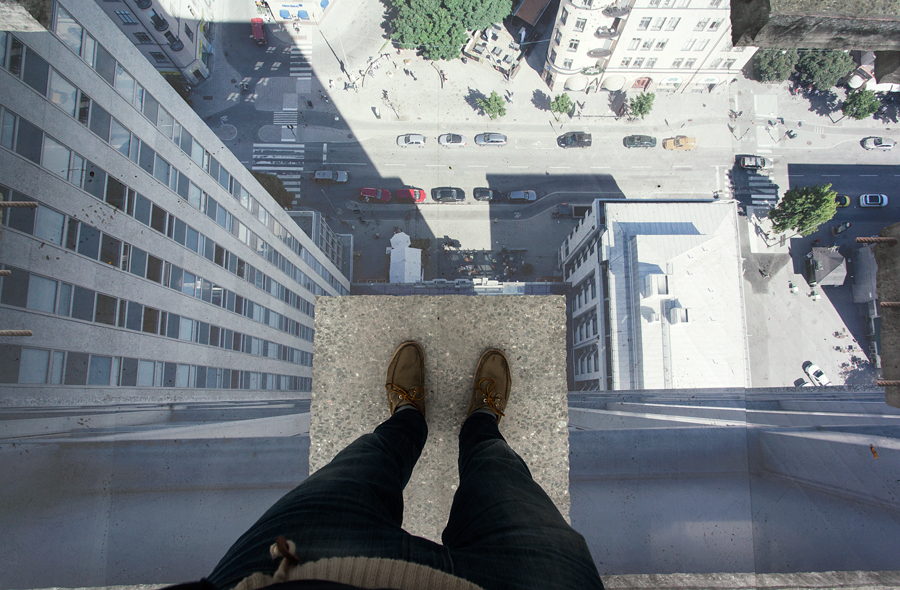Posted: Maggio 23rd, 2014 | Author: agaragar | Filed under: anthropos, au-delà, Deleuze, lacanism, psichè, vita quotidiana | Commenti disabilitati su Senza padri
di PAOLO GODANI
Economia del desiderio e condizioni di libertà nel capitalismo contemporaneo

Questo lavoro si sviluppa a partire da alcune tesi preliminari.
La prima – che in effetti, benché assuma una valenza metodologica, è più una postura o un atteggiamento che una tesi vera e propria – implica che ogni critica allo stato di cose presente e ogni immagine di possibili vie di liberazione debbano forgiarsi con le materie prime e con gli strumenti forniti dal presente stesso. Bisogna resistere alla tentazione di immaginare che le vie di una liberazione possibile consistano nel recupero di qualche antico principio, di qualche forma di vita non inquinata dalle sottili polveri del presente. E bisogna farlo per la semplice ragione che le forme di vita del presente, anche se sfruttate e messe a profitto, sono le forme della nostra vita, sono tutta la vita che abbiamo.
La seconda tesi constata che il presente, la vita nel presente, nella sua materialità e nelle sue relazioni, è presa in ciò che ancora dobbiamo chiamare capitalismo.
[introduzione]
Posted: Maggio 4th, 2014 | Author: agaragar | Filed under: anthropos, au-delà, bio, Deleuze, epistemes & società, Foucault, post-filosofia, posthumanism | 25 Comments »
by Marco Altamirano

The distinction between nature and artifice has been definitive for Western conceptions of the role of humans within their natural environment. But in order to distinguish between nature and artifice, the human must be separated from nature. This separation, in turn, facilitates a classification of knowledge in general, typically cast in terms of a hierarchy of sciences that ascends from the natural sciences to the social (or human) sciences. However, this hierarchy considers nature as a substantial foundation upon which artifice operates and to which it responds. Here I examine three inter-related concepts that, by focusing on events rather than substances, operate beyond the nature–artifice distinction and thereby resist the hierarchical classification of the sciences: Foucault’s concept of technology, the concept of milieu as it crosses over historically from physics to biology and anthropology, and Deleuze and Guattari’s reconfiguration of the concept of milieu in terms of their concept of machine.
[–>]


